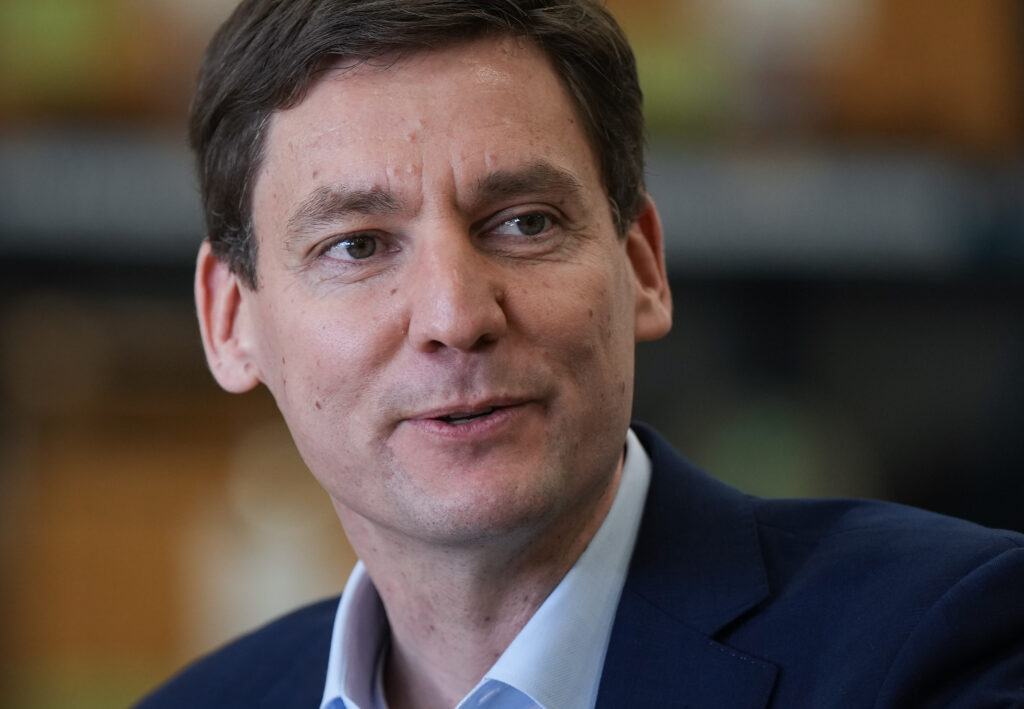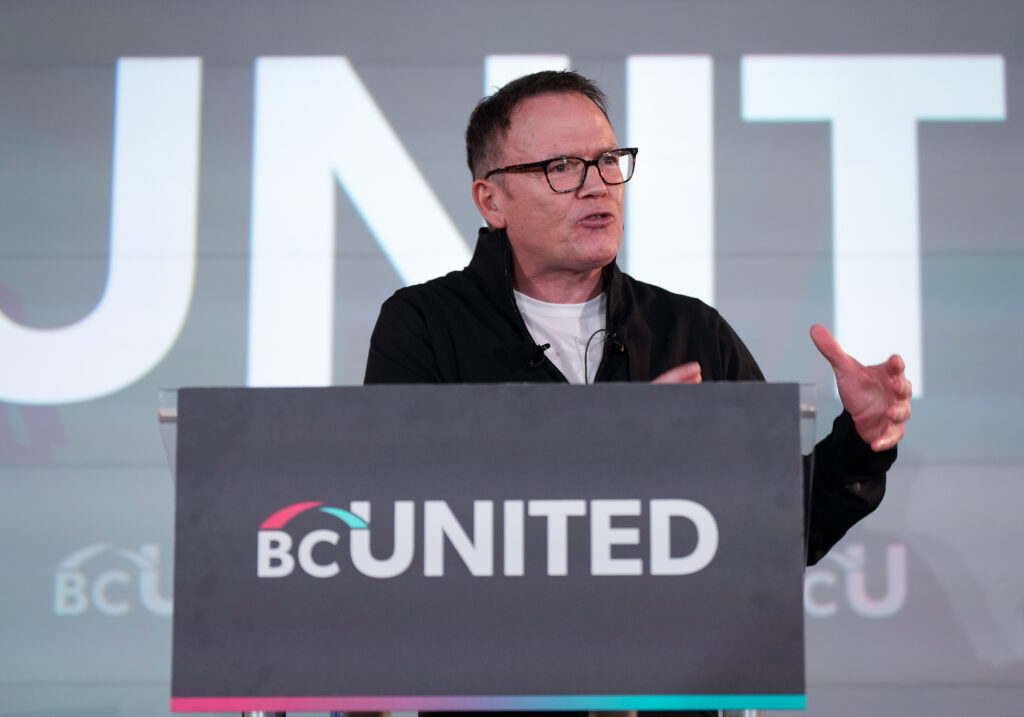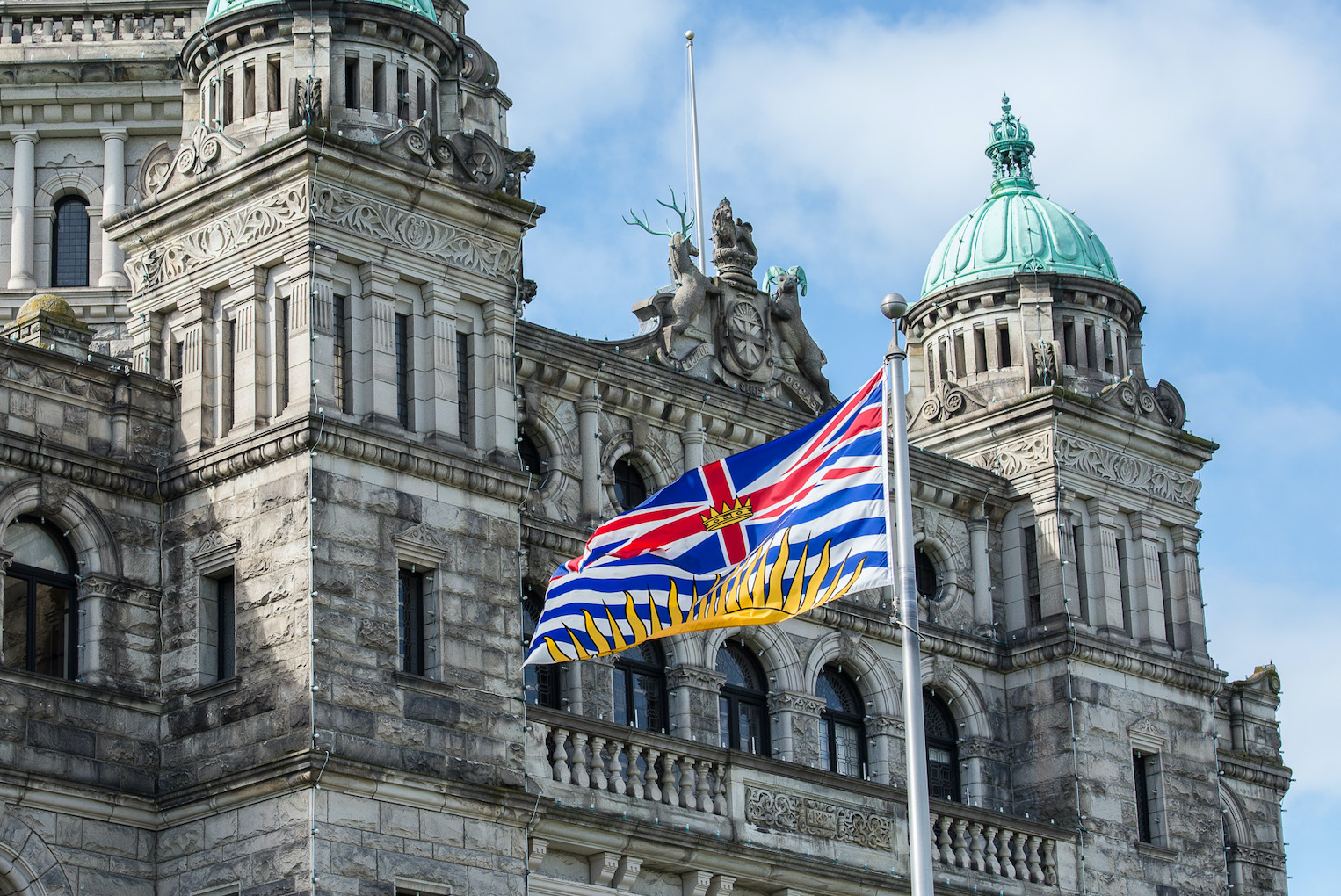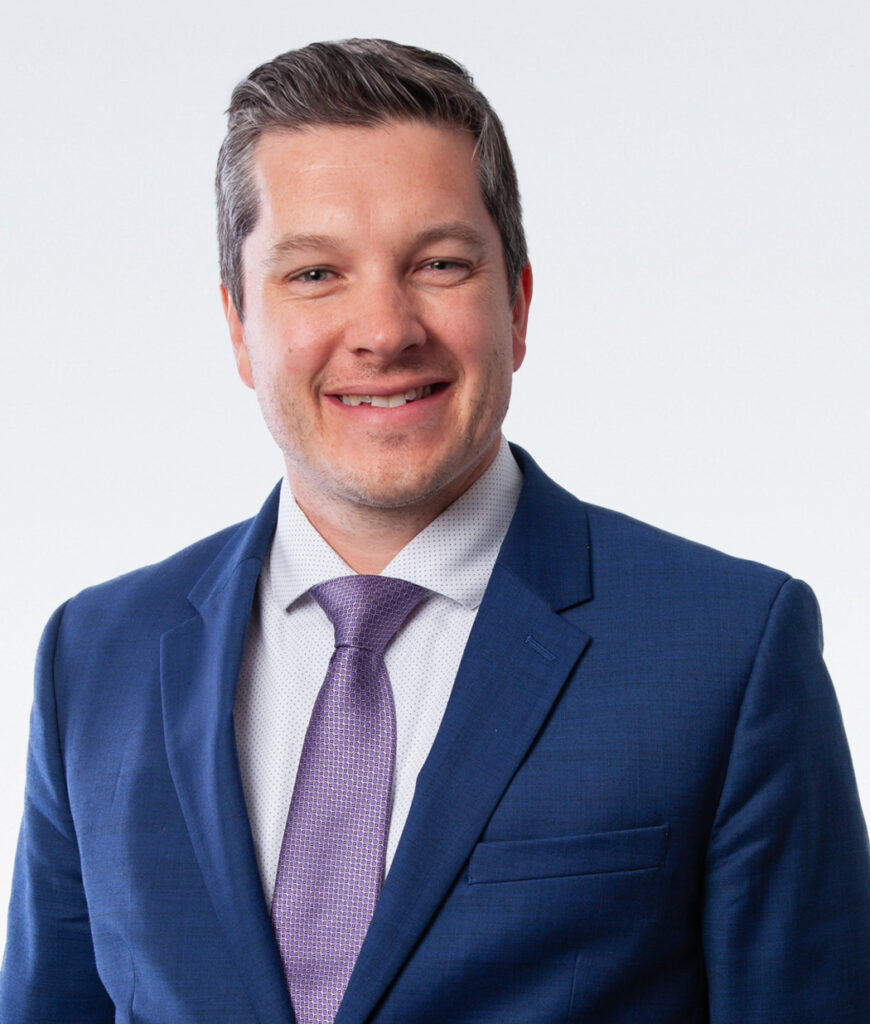The B.C. spring legislative session wrapped up on May 11 and is adjourned until October 3.
As the NDP government nears the final year of its mandate – with the addition of a number of newly framed priorities from the December Cabinet shuffle – this fall, focus will be on implementing those priorities ahead of the election in the fall of 2024.
The third year of a mandate is traditionally focused on delivery of those commitments.
Premier Eby makes his first impressions
The spring legislative session in British Columbia kicked off on February 6 with a Speech from the Throne by Lieutenant-Governor Janet Austin which laid out the plans for David Eby’s first session as premier. The central themes were affordability, addressing the housing crisis, strengthening the health care system, community safety, climate action and building an inclusive economy. These themes informed the spring legislative session that concluded on May 11. February 6 also coincided with Day 80 of the premier’s first 100 days in office as Premier Eby sought to demonstrate that he is willing to take bold transformative action and back it up with serious funding.

Economy
With many back-to-back announcements, expectations were high for Budget 2023. For those looking for new investments in health care, housing and social programs, it certainly delivered. Long standing items like a massive seismic upgrade to the Iona wastewater plant received a $250 million contribution among numerous other critical infrastructure initiatives. $6.4 billion in new health care investments over three years were announced, along with $4.2 billion in total operating and capital funding over the same three years. For those urging fiscal restraint, the budget’s increased public spending during inflationary times was not received as positively.
Following the budget, the Haisla Nation’s Cedar LNG project was given the green light and will be the first LNG plant to be built and owned by a First Nation. While this project has drawn scorn from environmental advocates, it stands as a strong example of article 26 of the United Nations Declaration of the Rights of Indigenous, legislation that was adopted by all parties of the B.C. legislature in the fall of 2019. This announcement also came with a new framework to cap emissions which requires all proposed LNG facilities to be net zero by 2030. Earlier this month, Premier Eby announced the Future Ready Action Plan, to ensure that people can get the skills they need to succeed in the changing economy and help close the skills gap many businesses are facing.
Housing
During the short BC NDP leadership race, the now-premier released a housing plan which has formed the base for the creation of the new ministry of housing. Following the introduction of the Housing Supply Act last fall, Premier Eby faced some backlash from municipal leaders worried about the incursion of provincial laws into local jurisdiction such as zoning and their ability to address their infrastructure backlog. To meet the housing targets he set out, Premier Eby committed to help municipal leaders address their infrastructure needs by cutting a $1 billion cheque to local governments for infrastructure.
To help deliver more homes, the province is introducing new laws under the Housing Supply Act to make it possible for homes that are vacant to be rented and remove discriminatory age and rental restrictions that hurt young families.
BC United’s strategy
The spring session gave recently elected BC United Leader Kevin Falcon an ideal opportunity to introduce himself as leader of the newly renamed party, after BC Liberal Party members voted to rebrand the party at the 2022 party convention.

Falcon, with no shortage of top-of-mind issues such as public safety, health care, and cost-of-living with which to challenge the NDP, will need to establish himself and his party as a government in waiting. Focusing on these long-standing issues will be critical as the NDP government has made significant commitments, but little in terms of outcomes under two successive premiers.
With these mounting issues for the government, the summer is shaping up to be a contrast of expectations, with Kevin Falcon urging bold, sweeping changes in quick order, and David Eby offering bold steps of his own but unlike 2017 no commitments on solving them in an expedited timeframe, which he’s reinforced in recent public statements.
2024 election preparations
Housing affordability is as bad as it as ever been, particularly in light of increasing interest rates. In February and March, an additional 374 lives were lost to the poisoned drug crisis. Premier Eby knows he cannot solve these massive and deeply entrenched problems in the next sixteen months. That’s why it doesn’t appear likely that an early election is on the horizon. Premier Eby still has some work to do to introduce himself to British Columbians. The premier has been clear he is working toward the fixed election date of October 19, 2024, leaving the government with a significant lead time to complete the remaining mandate goals.
Upcoming events
- Two provincial by-elections in Langford Juan de Fuca and Vancouver Mount Pleasant.
- B.C. pre-budget consultations beginning in the fall.
- 2023 Union of BC Municipalities Convention in Vancouver, from September 18 to 22.

